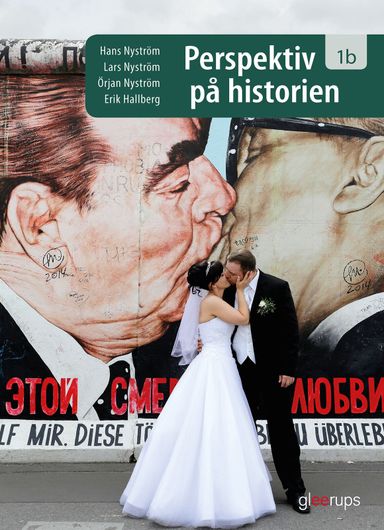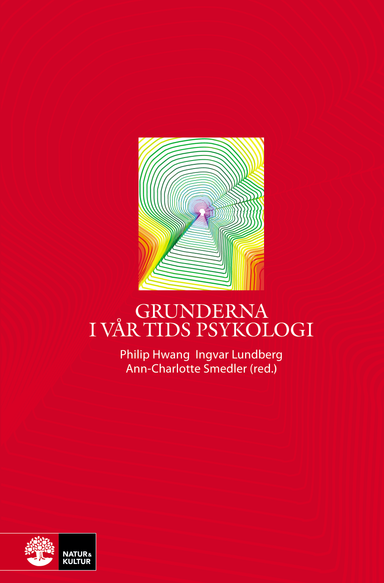

Qualitative Interviewing Upplaga 2
- Upplaga: 2a upplagan
- Utgiven: 2022
- ISBN: 9780197648186
- Sidor: 192 st
- Förlag: OUP USA
- Format: Häftad
- Språk: Engelska
Om boken
Qualitative interviewing has become one of the most common research methods across the human and social sciences, if not the most prevalent approach. Qualitative Interviewing, Second Edition help readers conduct, write, represent, understand, and critique qualitative interview research in its many forms as currently practiced. It discusses excellent exemplars of qualitative interview research. The book begins with a theoretically informed introduction to qualitative interviewing by presenting a variegated landscape of how conversations have been used for knowledge producing purposes. Particular attention is given to the complementary positions of experience focused interviewing (phenomenological positions) and language focused interviewing (discourse oriented positions), which concentrate on interview talk as reports (of the experiences of interviewees) and accounts (occasioned by the situation of interviewing) respectively. The second edition has a new chapter on conducting interviews in practice and is updated with new sections on research ethics and the relevance of small-scale studies in a world of "big data", many updated references, recent examples of interview studies, and reflections on similarities and differences between research interviews, journalism, and the arts.
Åtkomstkoder och digitalt tilläggsmaterial garanteras inte med begagnade böcker
Mer om Qualitative Interviewing (2022)
I december 2022 släpptes boken Qualitative Interviewing skriven av Svend Brinkmann. Det är den 2a upplagan av kursboken. Den är skriven på engelska och består av 192 sidor. Förlaget bakom boken är OUP USA.
Köp boken Qualitative Interviewing på Studentapan och spara pengar.
Referera till Qualitative Interviewing (Upplaga 2)
Harvard
Brinkmann, S. (2022). Qualitative Interviewing. 2:a uppl. OUP USA.
Oxford
Brinkmann, Svend, Qualitative Interviewing, 2 uppl. (OUP USA, 2022).
APA
Brinkmann, S. (2022). Qualitative Interviewing (2:a uppl.). OUP USA.
Vancouver
Brinkmann S. Qualitative Interviewing. 2:a uppl. OUP USA; 2022.



















